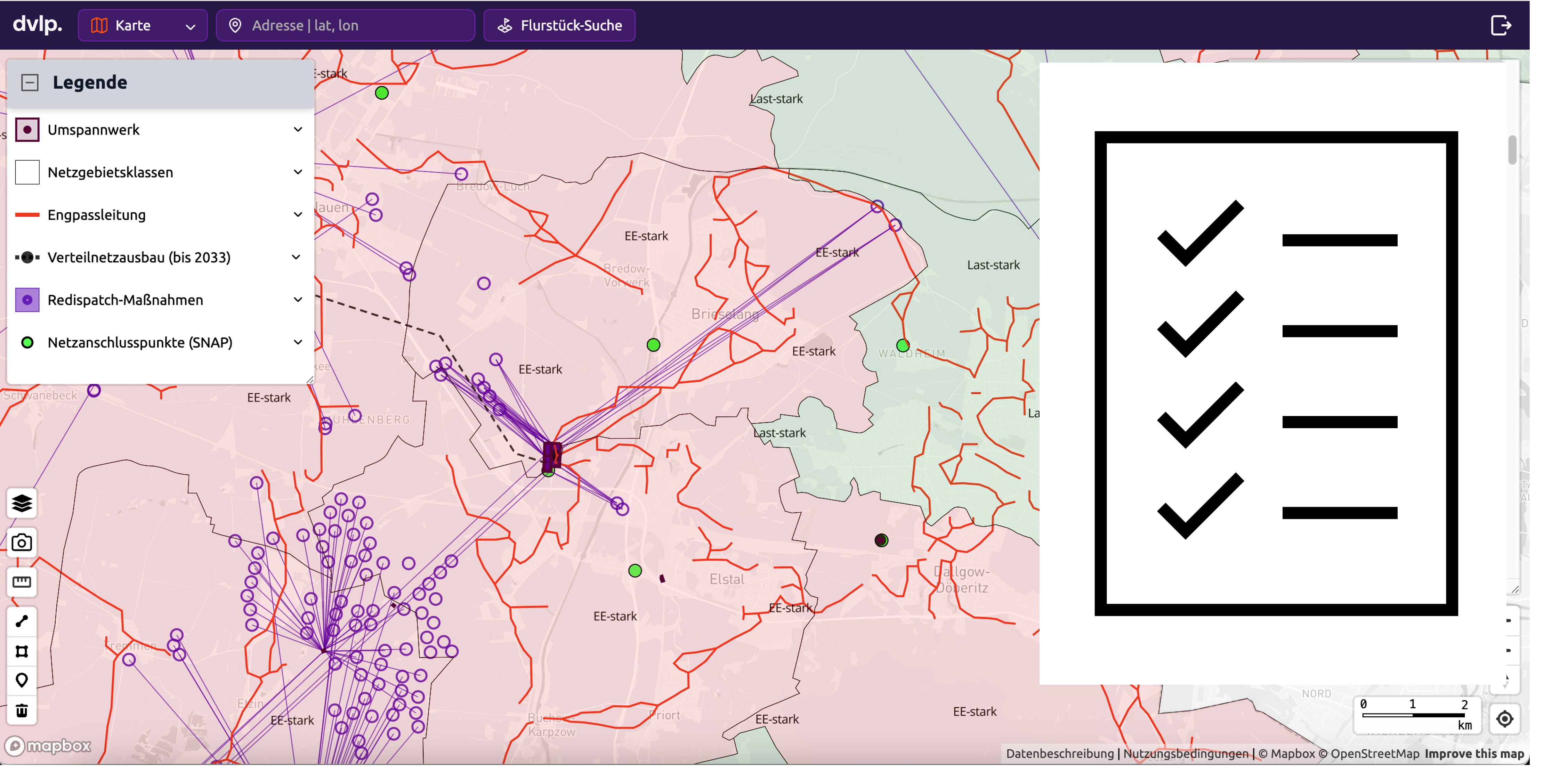Land clean-up process — an unpleasant companion in project development
On 20.11.2024, the new position paper of the Federal Network Agency was published, which introduces a revised calculation basis for BKZ. While grid connections are becoming massively more expensive in some cases, the controversial BKZ requirement for battery storage remains in place.

Land reclamation processes are ongoing on around 10% of the entire federal area. A land adjustment process is a process regulated by law in Germany under the Land Adjustment Act (FlurBG), which aims to restructure agricultural land and its ownership structure. The triggers are usually infrastructural developments such as the construction of roads, railway lines or flood protection devices.
During the process, parcel boundaries are changed and ownership structures are rearranged with the aim of more efficient land use and minimizing individual land loss. Ongoing land clean-up procedures therefore pose a risk for the planning of wind, solar and battery parks and can delay or even jeopardize the approval process. In accordance with Section 34 (1) No. 1 FlurBG, changes in the type of use of the land confiscated in the land adjustment process also require the approval of the responsible land purification authority (block of change subject to permission).
If a planned construction project falls within an ongoing land reclamation area, project developers should obtain approval from the state authority at an early stage and plan directly on the basis of the future allotted parcel. For the efficient implementation of projects, it is essential to be able to access current and reliable parcel data and information about future land clean-up processes right from the start.
dvlp.energy provides nationwide data on ongoing land reclamation processes in order to make project developers aware of related planning risks as early as the first land assessment.



